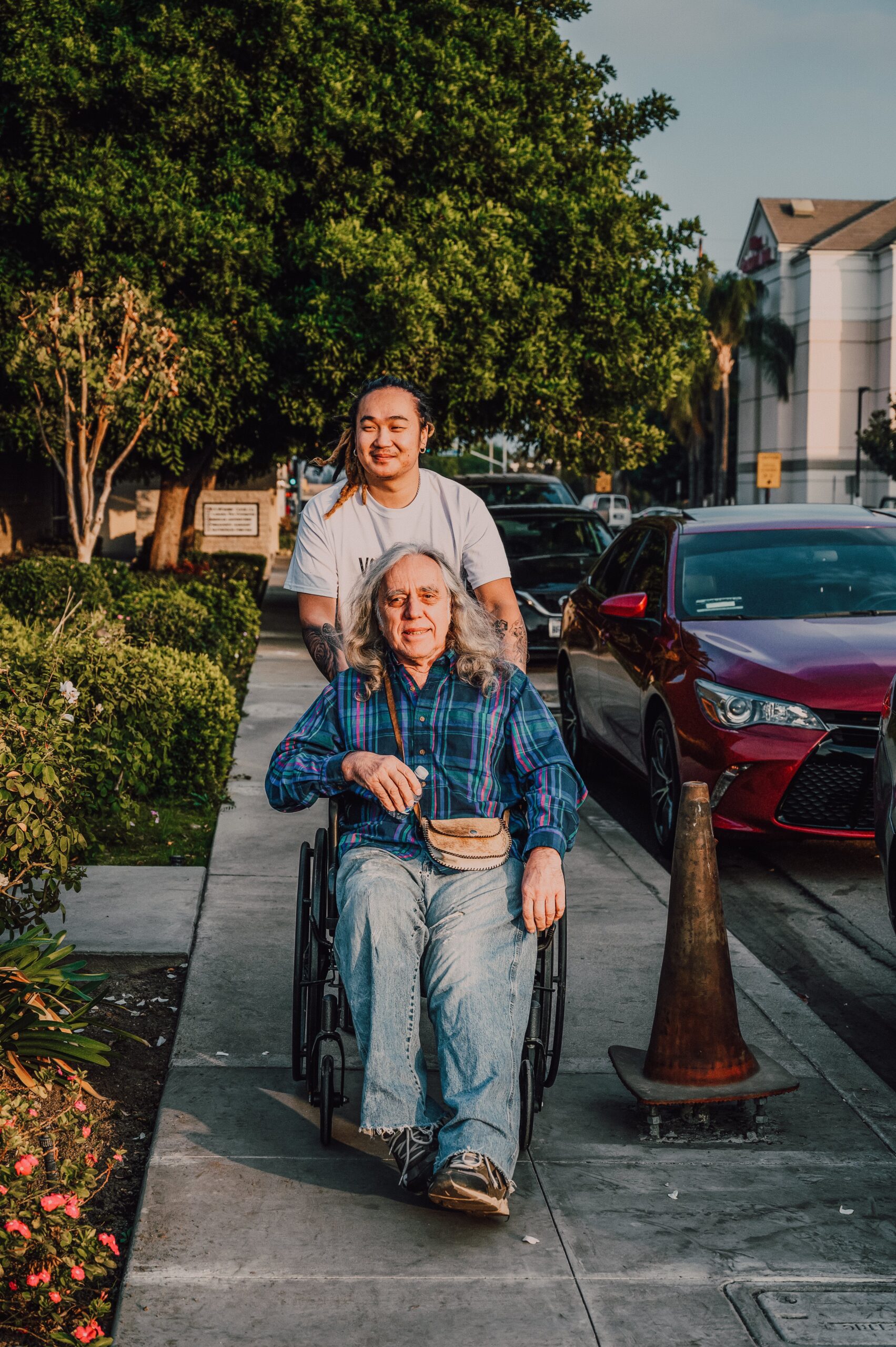Introduction
Caring for a loved one who is aging, ill, or disabled can be a rewarding but complex and demanding responsibility. In addition to the emotional and physical aspects of care giving, it’s crucial to consider the legal and financial aspects to ensure that you and your loved one are well-prepared and protected. This blog post explores the essential legal and financial considerations that caregivers should be aware of when taking on this crucial role.
Legal Considerations in Caregiving
- Power of Attorney (POA):
A Power of Attorney is a legal document that allows your loved one to designate someone to make financial and legal decisions on their behalf if they become incapacitated. Having a durable POA in place can simplify important financial and legal matters, ensuring that your loved one’s affairs are managed in their best interests.
- Advanced Healthcare Directive (Living Will):
An advanced healthcare directive or living will specifies your loved one’s medical wishes if they are unable to communicate their preferences. It covers issues such as life support, organ donation, and end-of-life decisions. This document ensures that their medical choices are respected.
- Guardianship and Conservatorship:
In cases where your loved one becomes unable to manage their own affairs, you may need to consider seeking guardianship or conservatorship through the court system. These legal arrangements allow you to make decisions on their behalf, including financial and healthcare choices.
- Estate Planning:
Estate planning involves creating a will, setting up trusts, and designating beneficiaries for assets. Caregivers should help their loved ones address these legal matters to ensure a smooth transition of assets and property to heirs upon their passing.
Financial Considerations in Care giving
- Budget and Financial Planning:
It’s essential to create a comprehensive budget that considers your loved one’s income, expenses, and potential healthcare costs. Financial planning can help you make informed decisions about how to allocate resources and identify areas where cost-saving measures may be necessary.
- Long-Term Care Insurance:
Many individuals invest in long-term care insurance to cover the costs of nursing homes, assisted living facilities, or in-home care. If your loved one has such a policy, ensure that you understand the coverage and how to access it when needed.
- Government Assistance Programs:
Research available government assistance programs, such as Medicaid and Medicare, that may provide financial support for your loved one’s healthcare and long-term care needs. Understanding eligibility criteria and application processes is vital.
- Tax Considerations:
Tax laws can impact your loved one’s financial situation significantly. Be aware of tax deductions, credits, and exemptions related to caregiving expenses, medical expenses, and long-term care.
- Caregiver Contracts:
Consider creating a caregiver contract that outlines the caregiver’s responsibilities and compensation. This legal document helps clarify the financial arrangement and can be helpful for both parties.
Conclusion
While care giving is primarily driven by compassion and love, it’s essential to recognize the legal and financial considerations that come with this responsibility. Proactively addressing these aspects can protect your loved one’s interests, ease potential conflicts, and ensure the best possible care. Consulting with legal and financial professionals who specialize in elder care can provide valuable guidance and support as you navigate these complex issues. Remember that understanding the legal and financial dimensions of caregiving can lead to a more stable and secure future for both you and your loved one.


